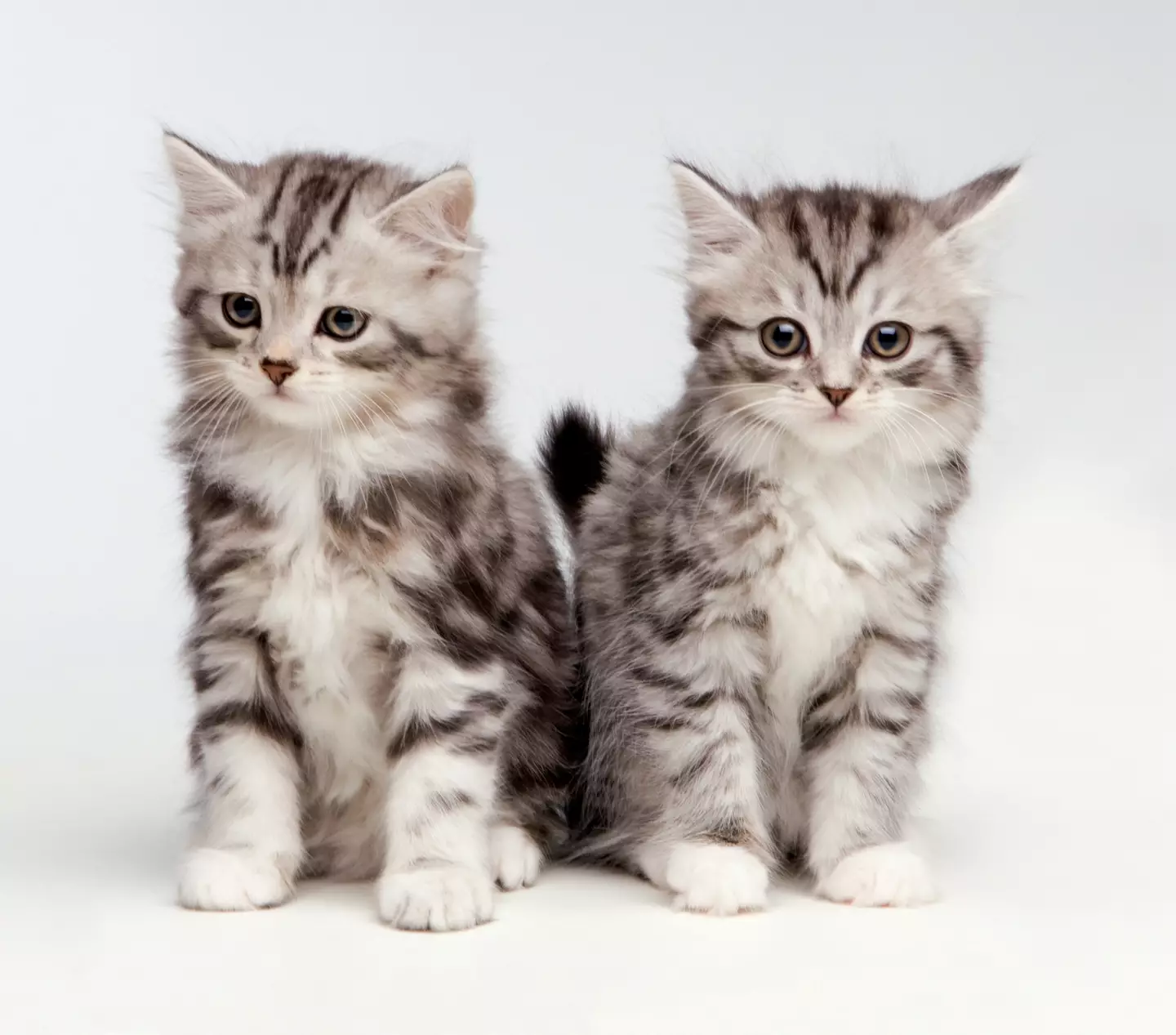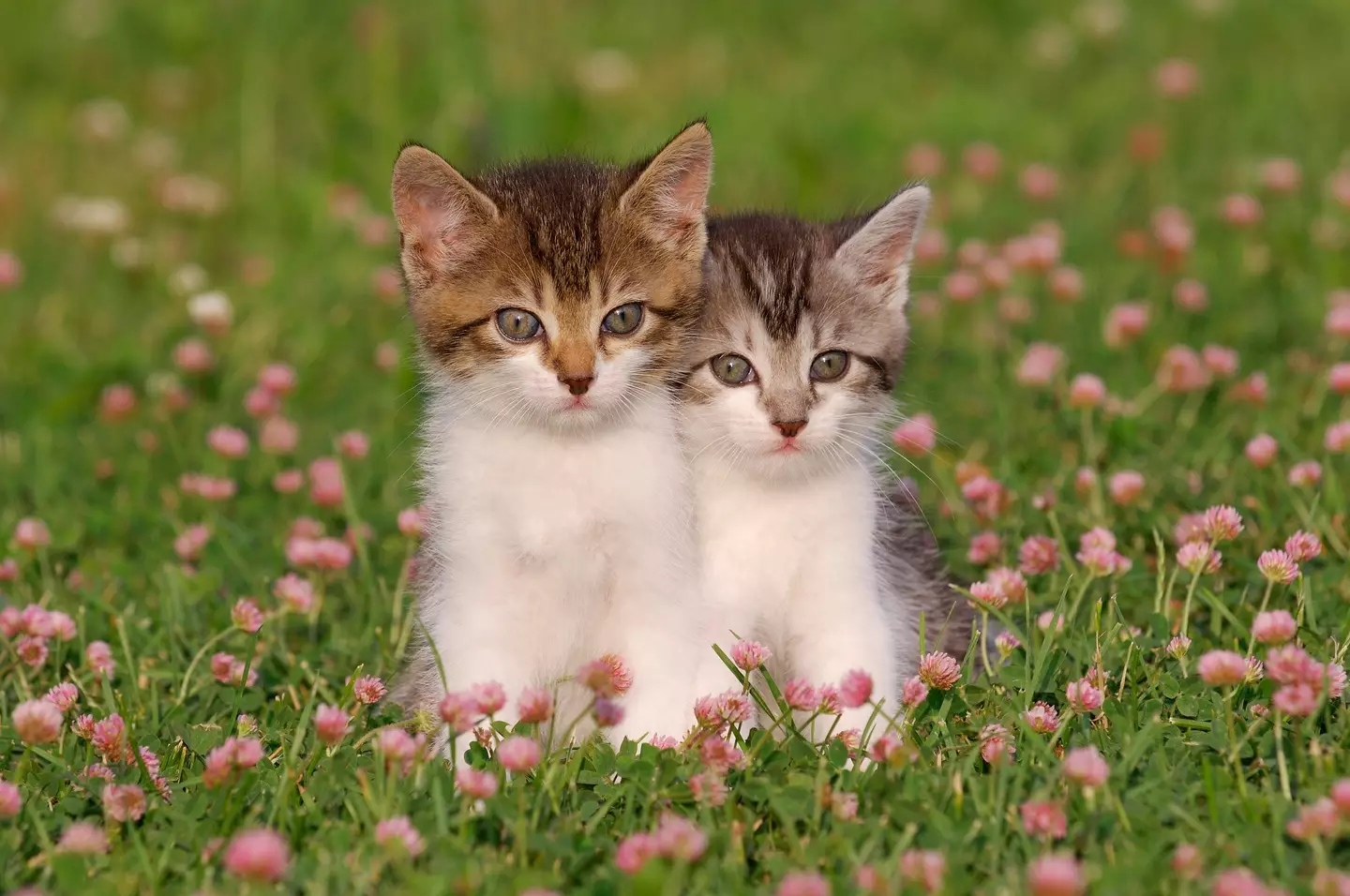
After multiple attempts, a Canadian woman has successful cloned her pet cat.
Kris Stewart's Ragdoll cat Bear died in early 2022 in a traffic accident, and, heartbroken, Stewart became fixed in the idea of having him cloned.
It took a couple of years and multiple failed attempts to be successful, and now Stewart now has two kittens to raise. She has named them Bear Bear and Honey Bear.

Advert
All of this reportedly came at the pretty frightening cost of $50,000, not that Stewart seems to mind. She told Vancouver-based news site CTV: "Cloning cats apparently does take some time. It's not uncommon to have multiple tries to make sure that the embryos can successfully grow into fetuses and become kittens".
The process was carried out by a Texas-based biotech company called ViaGen Pets, which specializes in this area and uses a surrogacy method. This basically means it takes DNA samples from the original pet, places them in an embryo and then implants them in a surrogate mother.
When that mother gives birth to the kitten, or kittens in this case, they're genetic clones of the original cat. According to ViaGen's website: "Cat cloning does not change the genetic make-up of your cat and does not involve any genetic modification. Your cloned cat will share many of the most important attributes of your current cat, including appearance, intelligence, and temperament."
This isn't the first time ViaGen has successfully cloned a cat, either, and it's also done the same for dogs, horses and even ferrets - all presumably with a similarly eye-watering price tag.

But Stewart obviously wasn't put off by the cost, and seems thrilled by her two kittens being successfully cloned. She told CBC: "They both seem like Bear. These guys are bold and sassy."
The new kittens were born on 10 January 2024, and Stewart picked them up after eight weeks spent under the care of their mother.
Apparently, the difficulty in getting these clones through to a healthy life is really stark, with the vast majority of cloning attempts failing well before they get near to the point of birth.
The first successful mammal to be cloned was Dolly the sheep, born in Scotland in 1996 and living for six years.
Still, with animal shelters often overflowing with abandoned and available pets, there's a debate raging about whether cloning at great expense is the right response to the death of a beloved pet.